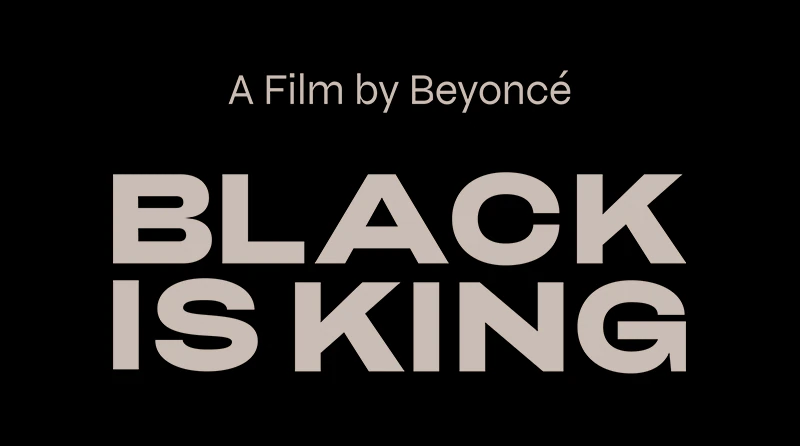Black Is King

Many know Beyonce Knowles-Carter was a force to be reckoned with. But few could have expected the 1.5-hour visual album Black is King that the singer-director dropped on Disney+ this summer.
Disney+, you might ask? Of all platforms the multi-platinum star could have chosen to debut her latest work, how did the streaming service known for kids films make the cut?
Yes, Beyonce had a relationship with Disney ever since execs tapped her to produce a song for the 2019 live-action Lion King (the song she produced was “Spirit,” and it was inspired). But Queen Bey had inspiration for something larger too—“a love letter to Africa” marrying music and wide-ranging snapshots from the continent in a visual album. What she produced was a wondrous collage of songs and video telling a story that echoes the very arch of The Lion King—that of a young man taking a powerful journey to reconnect with his lost heritage, identity, and kingship.
Beyonce’s three times a mother, and Black Is King appears to have something of a maternal mission, as if to say: come back home, son. Come back to understanding who you are and fulfil your greater purpose. Knowles-Carter pushes it farther than the rich Disney story of Simba’s fall and return to power. She pushes it further to the Prodigal Son, and to a heritage of divine proportions.
One can’t help but sense that Black Is King was produced with the black audience in mind. (Who else is most fitting to share a love letter to Africa with, especially with a message pointing toward identity?) While all races can find richness and beauty in Black Is King, it appears Beyonce takes special effort to speak to her black sisters and brothers seeking meaning in a world that can make it feel like the cards are stacked against them in a place they don’t belong.
But with Black Is King, Beyonce reminds viewers that each of them are kings and queens, belonging to a kingdom they just need to find their way back to.
As she sings in the song “Find Your Way Back”:
Daddy used to take me walking down the street / Daddy used to take my hand, say “Follow me” / Daddy used to leave me back home all the time / I got big enough to run around, daddy left me outside / He said, “Find your way back / Big, big world, but you got it, baby / Find your way back, don’t let this life drive you crazy / Find your way back, come back home ‘fore the street lights on / Find your way back, find your way back.”
The film splashes from serene and stunning imagery, to chipper and joyful, to painful and intense. For me, the beauty and anxiety converged in scene when, as a dust storm advances, a mother puts her child in a basket and lets it into the river in hopes it will be safe from the earthen dangers. The climactic scene rocks between tragedy and victory before splashing in baptismal security at last. The lost son returns to his father. The tossed babe is found safely by his mother. The family is restored—if not literally, spiritually. Beyonce ends the album with a slightly different video accompanying her Lion King hit “Spirit,” this time with a Gospel choir accompanying her.
After watching Black Is King, I became keenly aware that Beyonce knew what she was doing when she chose Disney+ as its platform. Her piece of work is impactful for people of all ages, but one senses her concern to reach young people, to remind them of their higher purpose.
In “Find Your Way Back,” Beyonce recollects being an “Itty bitty child with a smile like you / Wild, wild child look a lot like you.” For Beyonce’s audience, Black Is King appears as much an invitation to Africa as to the heavens.



